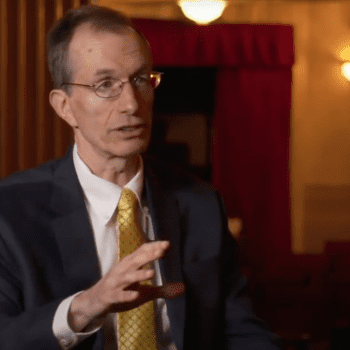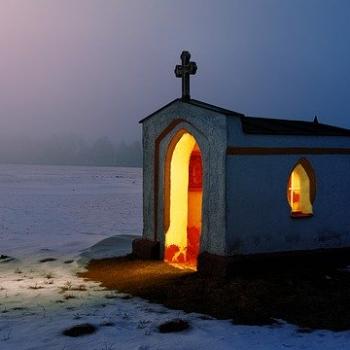After Nietzsche, where does (secular) philosophy go? Or, put a different way, given the ubiquity of “criticism” as an approach to philosophical inquiry—that is, the process of ascertaining and challenging the presuppositions underlying truth-claims, as opposed to setting forth a cohesive affirmative project—it’s not unreasonable to ask where the deconstructive process ends. With everything seemingly up for grabs, is there any intellectual destination in mind? Continental philosopher Patricia MacCormack certainly thinks so—and in her recent book The Ahuman Manifesto: Activism... Read more




















